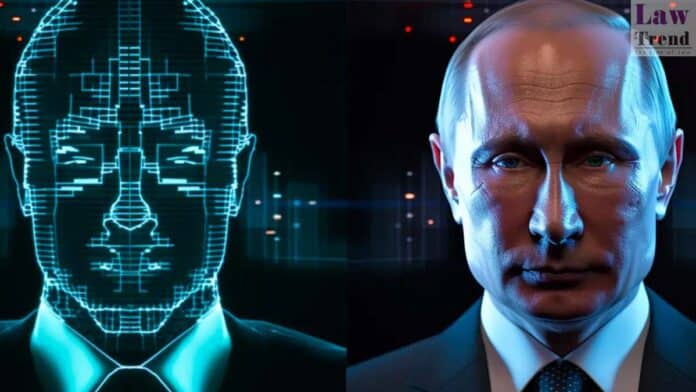In response to a viral deepfake video allegedly featuring actor Rashmika Mandanna, the Centre has sent a reminder to social media platforms about the legal consequences and penalties associated with the creation and dissemination of deepfakes.
The Ministry of Electronics and Information Technology has advised these platforms on the provisions outlined in Section 66D of the Information Technology Act, 2000, which pertains to “punishment for cheating by personation by using computer resource.”
This section states that those who cheat by impersonating using communication devices or computer resources can face imprisonment for up to three years and be subject to a fine of up to one lakh rupees.

The government’s advisory follows the circulation of a deepfake video that showed what appeared to be Ms. Mandanna entering an elevator. However, it was later discovered that the video was manipulated using deepfake technology and actually depicted British-Indian influencer Zara Patel. This incident has raised concerns about the potential implications of such manipulations, particularly for public figures whose identities can be falsely portrayed.
Ms. Mandanna has expressed her distress over this incident, calling it “extremely scary” and highlighting the misuse of technology. Other prominent figures in the film industry, including Amitabh Bachchan, have also spoken out about the matter, urging legal action to be taken.
Also Read
Minister of State for Electronics and Information Technology, Rajeev Chandrasekhar, emphasized the government’s commitment to ensuring safety and trust in the digital space.
He reminded platforms of their legal responsibility to remove misinformation within 36 hours of being reported, as outlined in the IT rules notified in April 2023. Failure to comply with these rules may result in platforms being taken to court under the Indian Penal Code.
Chandrasekhar further highlighted that deepfakes pose an even greater threat and need to be effectively addressed by social media platforms.
Despite the government’s advisory, the deepfake video in question continues to circulate on social media platforms.







